SPECIAL CORONAVIRUS | 1.6.2020
Solidarity continues for the network
The volunteer activities of the University of Navarra reinvents itself during the confinement and more than 240 people, including students and employees, participate in 13 online initiatives.
To ensure that no one feels alone and to alleviate the suffering of the most vulnerable has been the goal of the solidarity actions that have been launched at the University of Navarra to deal with the consequences of the Covid crisis19. To accompany with a conversation, with a song, with the telling of a story, with the reading of a letter in moments of anguish. And also to collaborate in the manufacture or production of health material for centers or residences, to help with school homework or in the purchase and distribution of food. These are some of the initiatives promoted by Tantaka, the solidarity time bank, since the beginning of the confinement and that the pandemic has not been able to stop.
Traditional volunteer work has been reinvented against the coronavirus and solidarity has traveled through network to help those most in need.
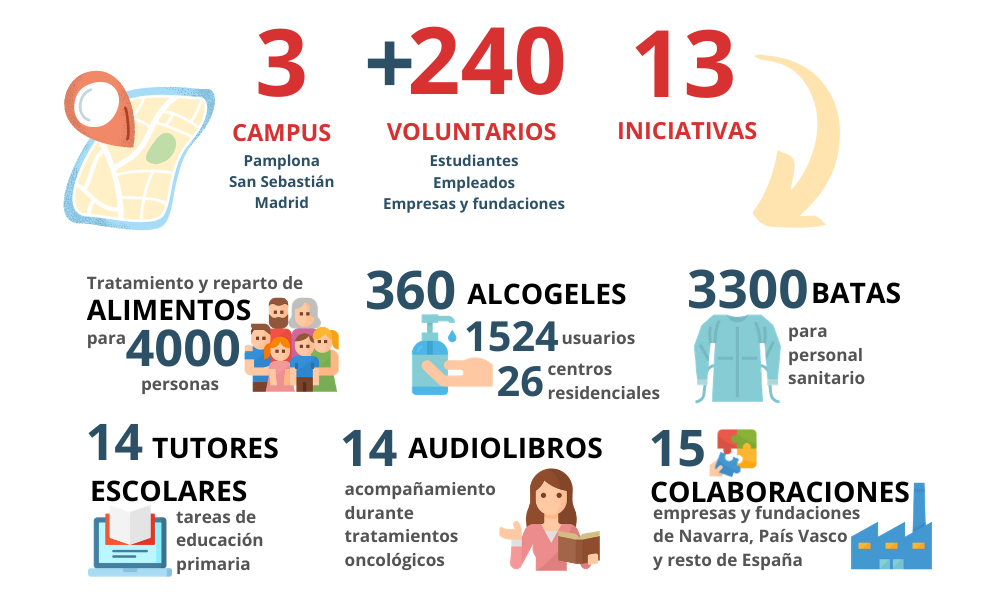
Homework via video call
Ana Sánchez Alcázar, a native of Murcia and student of Biology and Environmental Sciences; and Gresly Dayana Quintero Castillo, Colombian and student of Primary Education, are two of the volunteers who two or three times a week help children with limited resources to do their homework. Although both had previously participated in some work at volunteer activities , this was the first time they had collaborated in an online initiative. "It was a new experience. You don't know how an online volunteer activities is going to turn out, but I have seen how through a video call I can help this girl, I get to know her and trust and affection arise", explains Ana.
Gresly Dayana had also participated in the volunteer activities of school support that Tantaka develops in the high school Ermitagaña of Pamplona. "Now I help a Cuban girl who lives in Asturias. She doesn't even have a computer at home, but I admire her desire to learn and the support of her family so that this girl can get ahead and have a chance".
The making and production of medical equipment has been the subject of several actions at volunteer activities. At high school mayor Goroabe, several residents got down to work and started making gowns for healthcare centers, at partnership with business Vinkova from Navarra. One of them was Carmen García Baiges, an architecture student from Jérez de la Frontera. "Giving a little time to others helped me a lot. We were going into exams and I was spending almost the whole day studying and doing projects but we should not forget about more important aspects. This small gesture brought me a little closer to the reality that is happening in the world today," he says.
And at Cima, the employees of laboratory 208 started to manufacture alkogel, which was then sent to nursing homes and other care facilities, at partnership with business Berry Superfos. "Due to the shortage of disinfectant gel supplies, we started making small-scale doses to distribute within the facility. Gradually, we began to consider the possibility of helping more people, as we had the necessary products and the qualified staff to make larger volumes, following the World Health Organization's guidelines. This is how the disinfectant gel "San Fermín 208" was born, in honor of our patron saint and the name of our laboratory", explains Dr. Antonio Pineda-Lucena, director of the Molecular Therapies Program of the Cima University of Navarra.
Rocío Martín, from Pamplona and a student of Business Administration and Law, was one of the 31 people who signed up to go three times a week to Mercairuña and collaborate in the selection of perishable food, which once packaged has been distributed by the Food Bank among more than 4,000 people. "The classes left me free time, they told me if I wanted to participate and I felt it was an option in which I could help, getting this food to other people." And Sheila Barrera, a student of Master's Degree in Personnel Management Service in Organizations, participated in the volunteer activities food distribution among families with scarce resources from Madrid. "It is gratifying to see how a relatively small action generates a great impact on the quality of life of families, who open the doors of their homes with joy despite the adversities they face as a result of the pandemic".
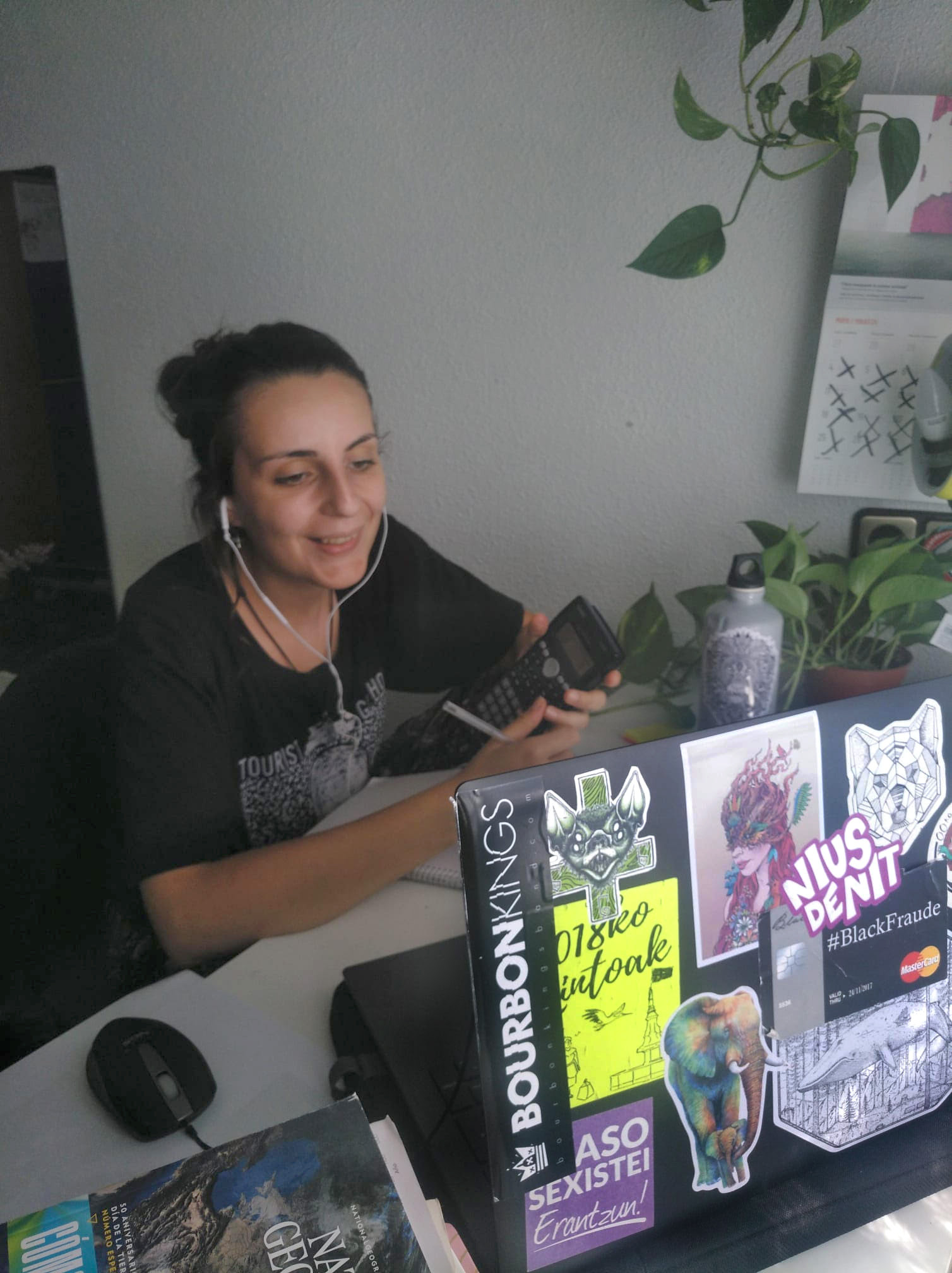
Ana Sánchez Alcázar
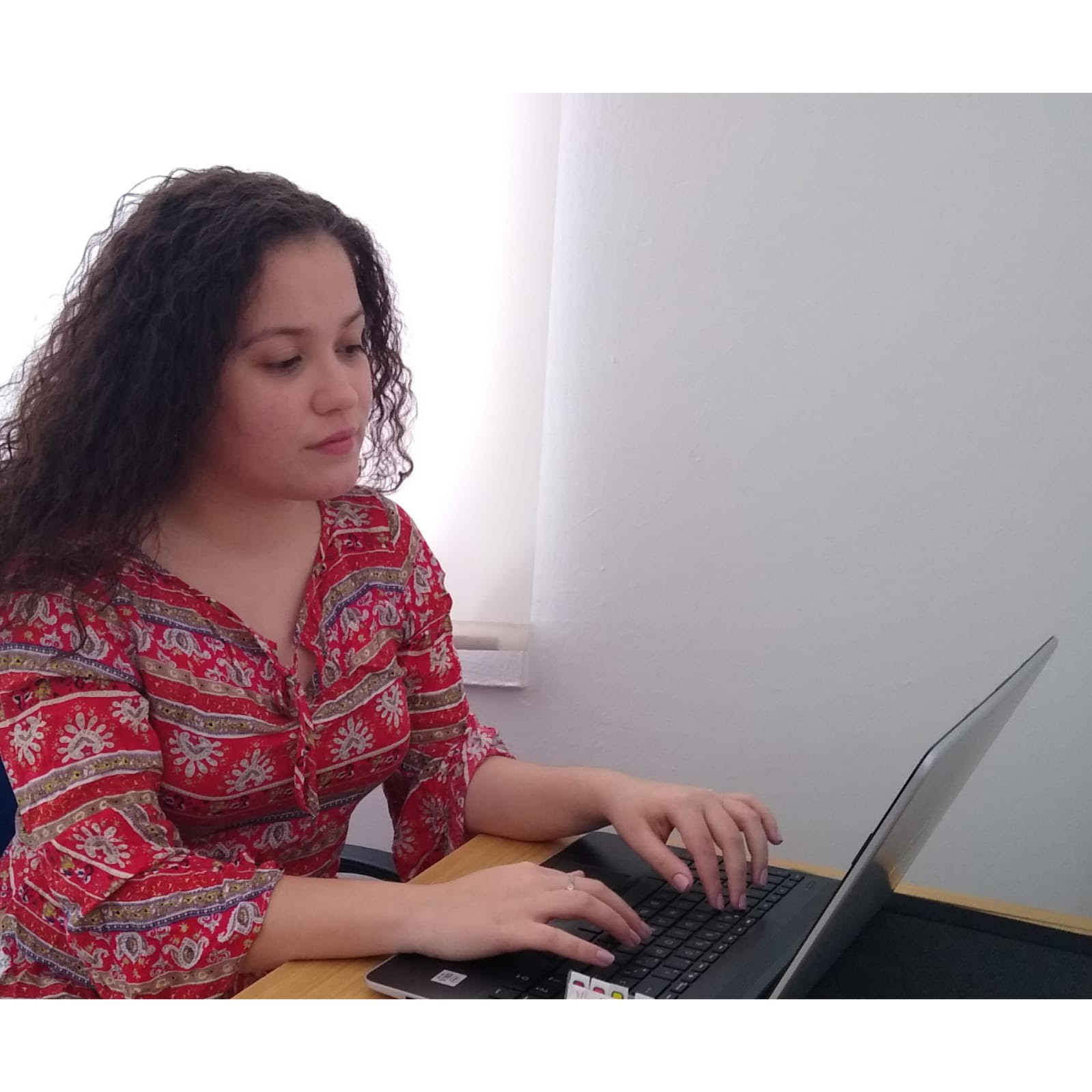
Gresly Dayana Quintero Castillo
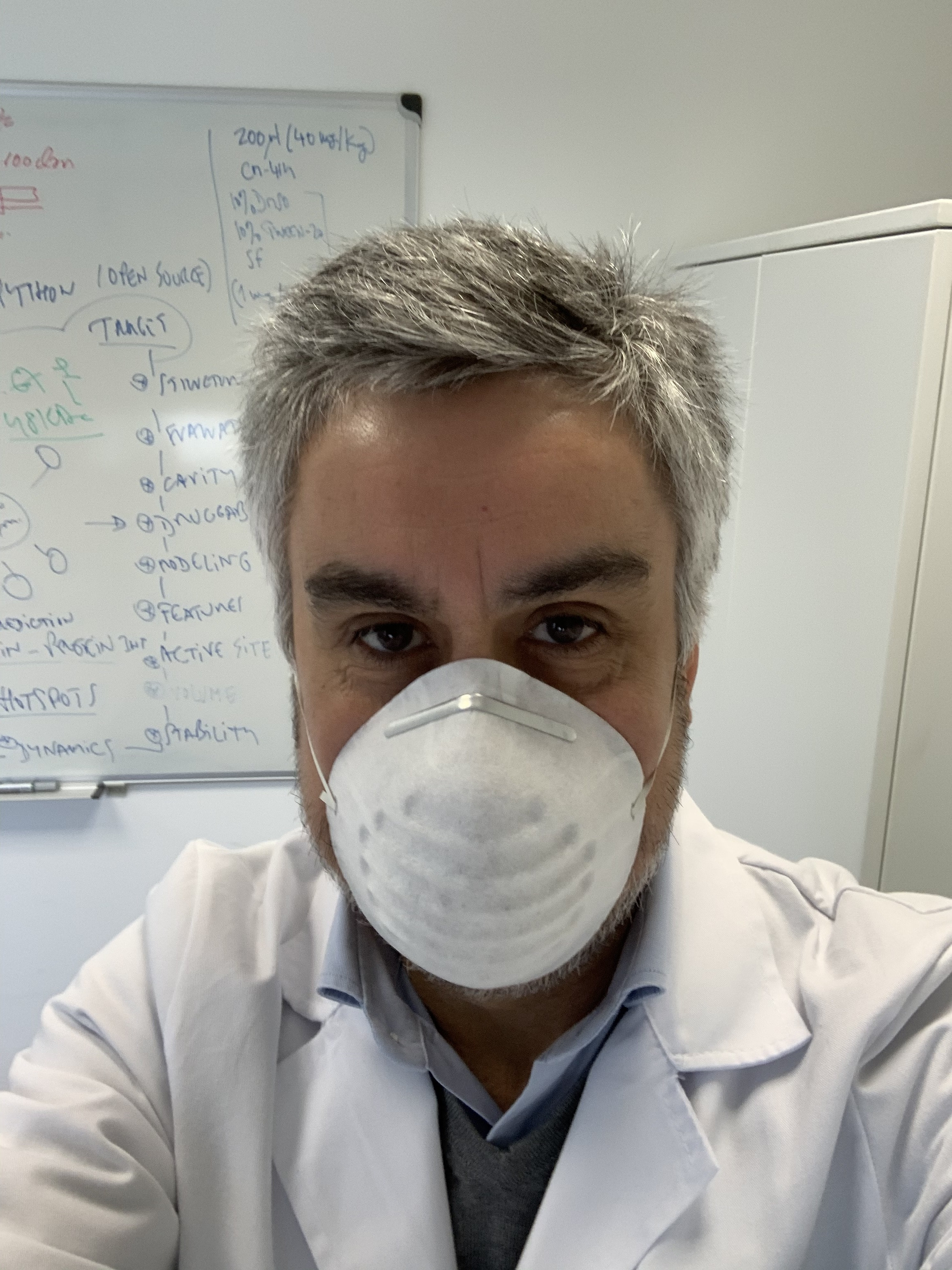
Antonio Pineda-Lucena

Sheila Barrera
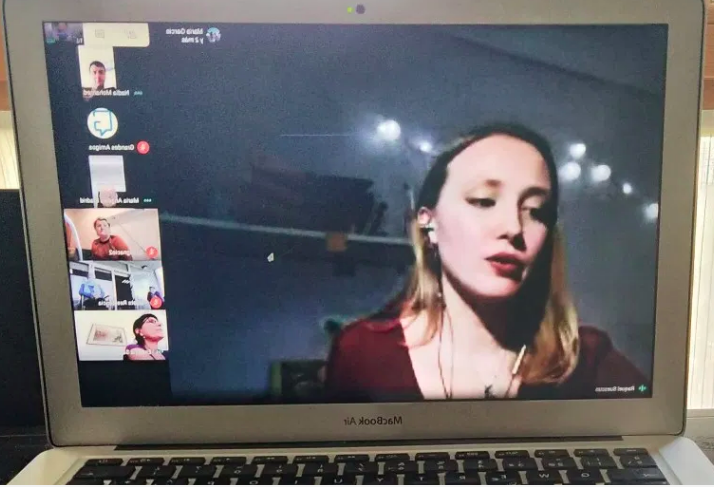
Raquel Suescun
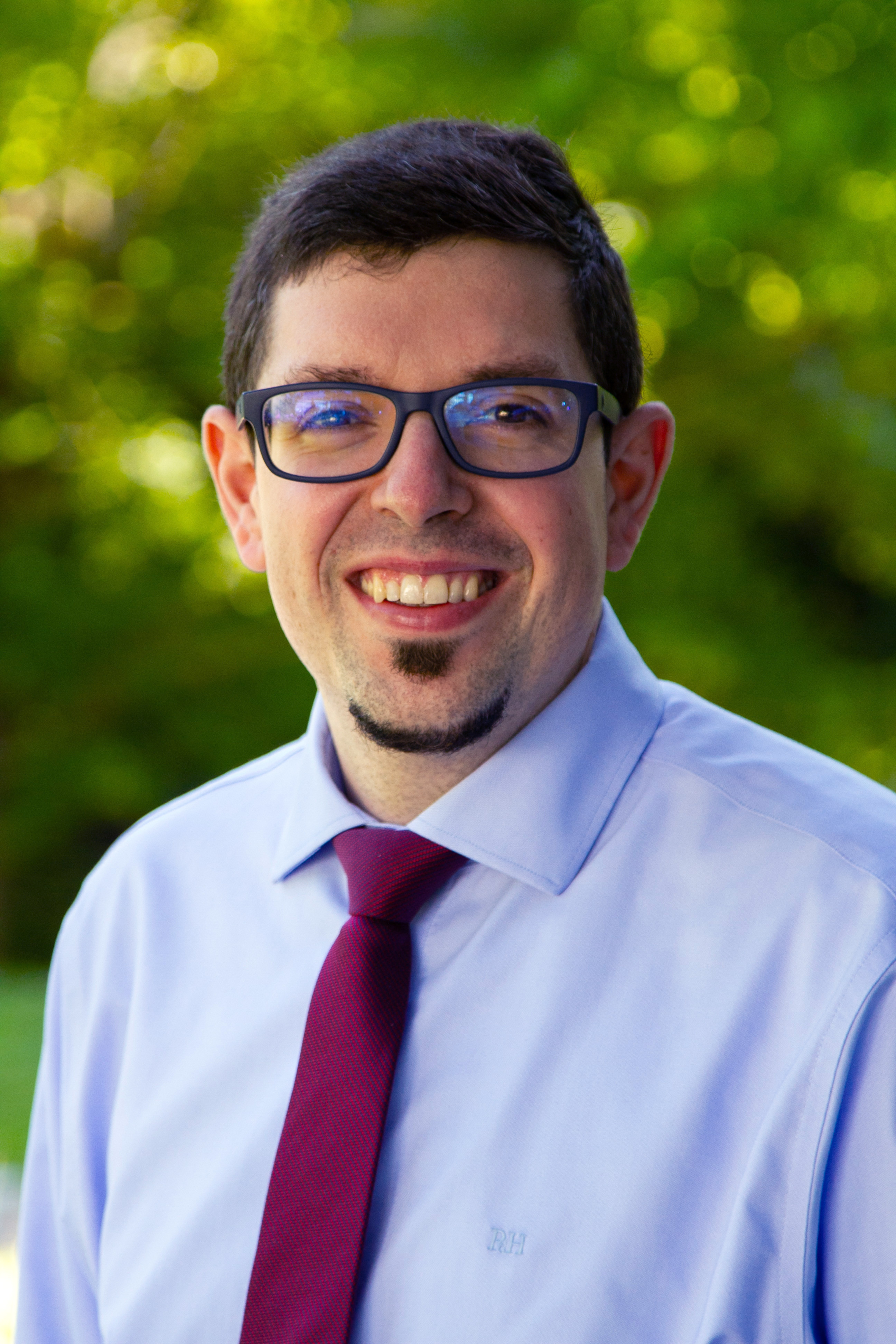
Iñaki Yarza
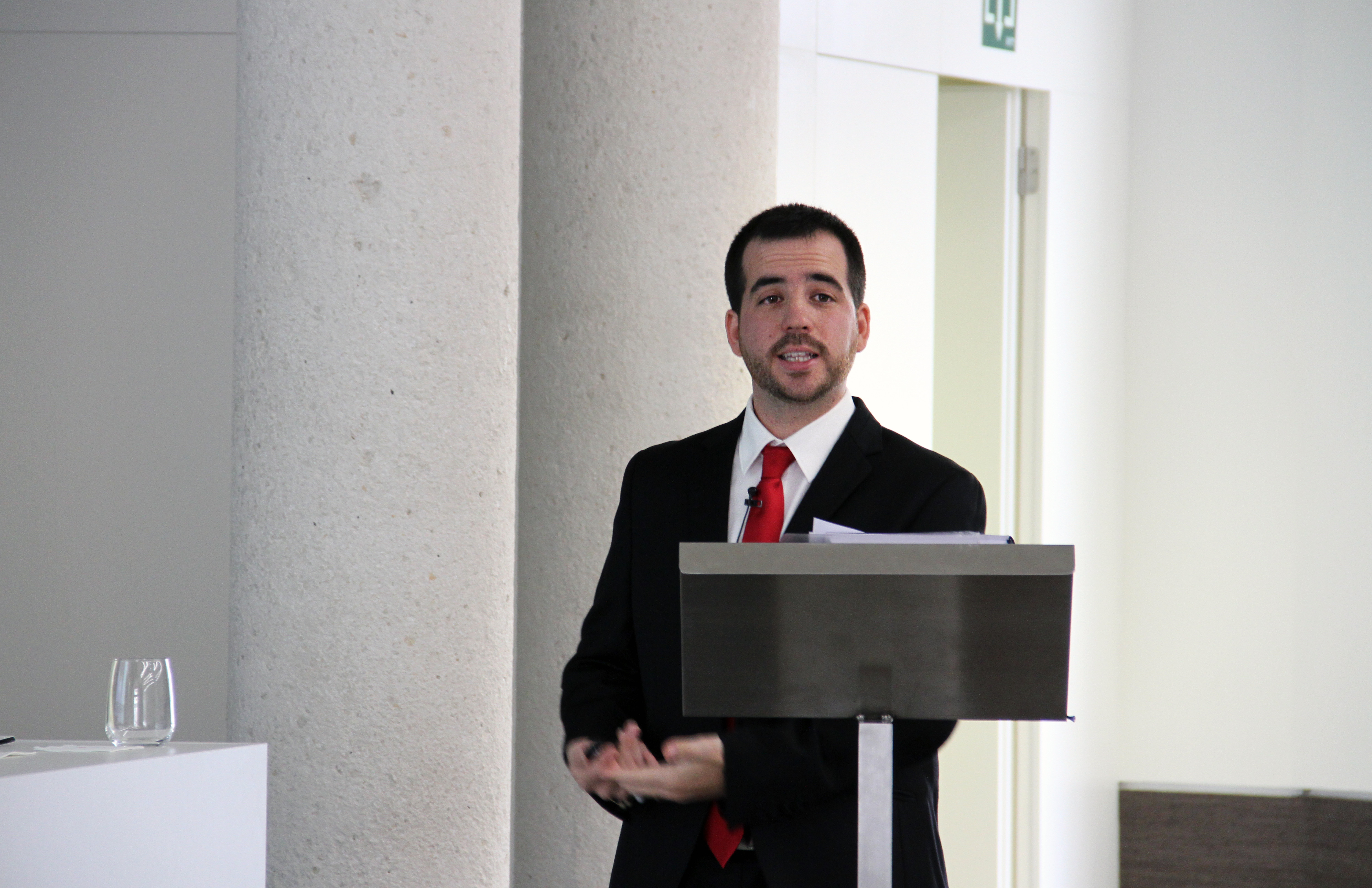
Mikel Ostiz
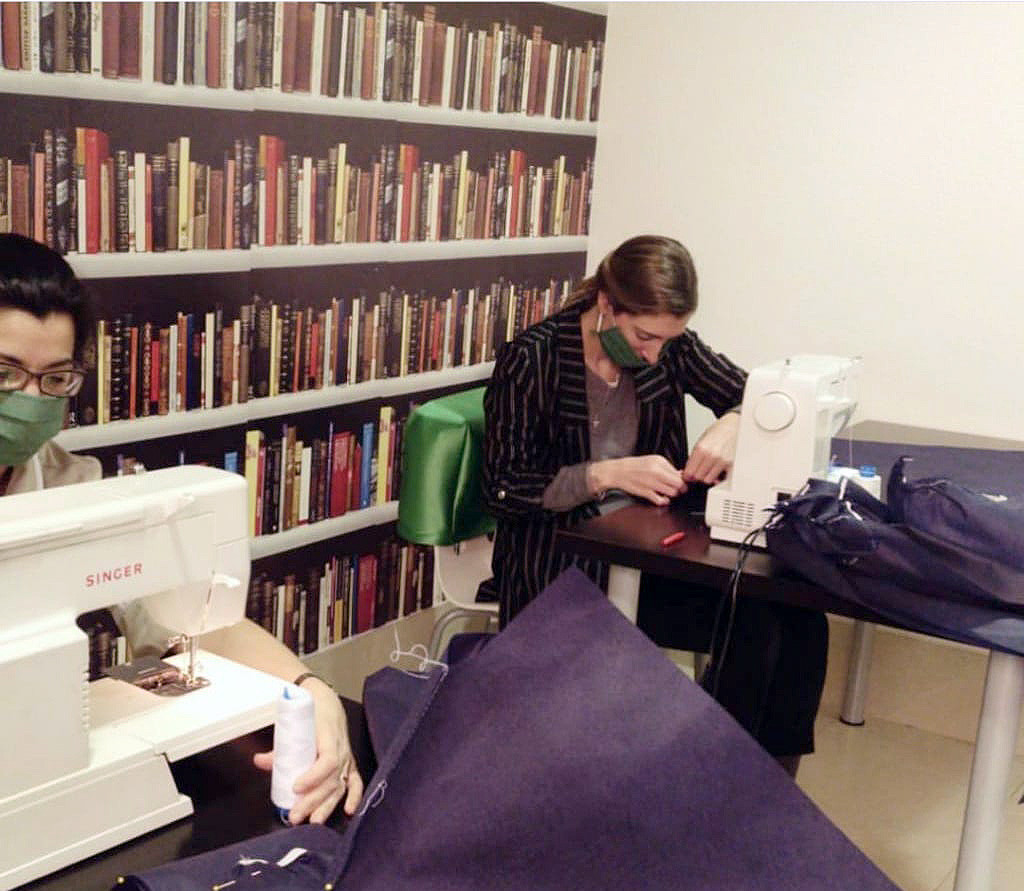
Carmen García Baiges
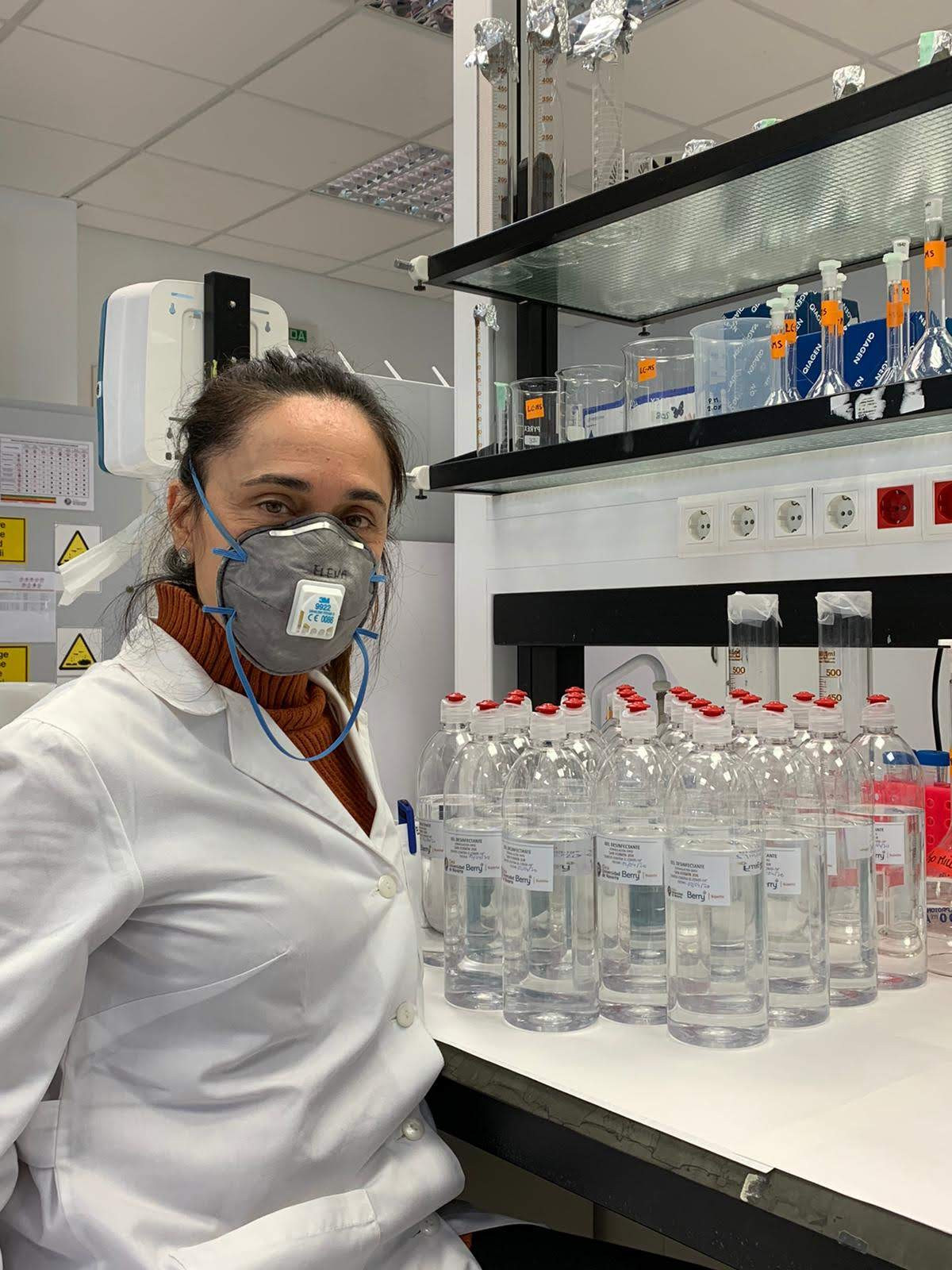
Elena Saez
